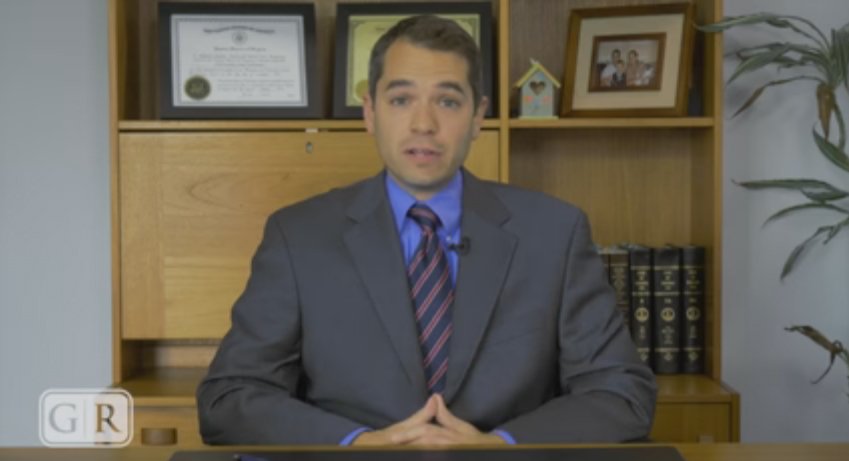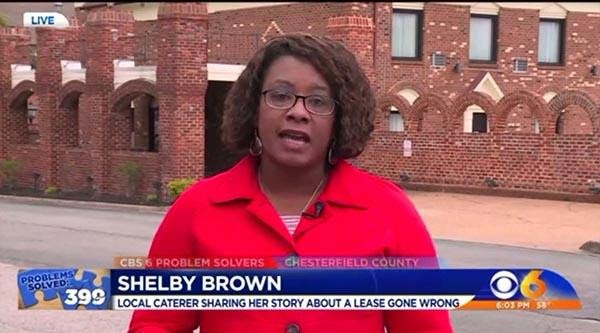Hypothetical situation: A commercial building owner in Virginia with a single tenant determines that its building is in need of a new roof. Under its lease with the tenant, the owner is made responsible for repairs to the roof. The owner meets with several contractors who make presentations and submit bid proposals. The company, Shady Roofers, submits the lowest bid ($25,000) with the most impressive presentation. The presentation includes a slide show with hundreds of photos of projects that Shady Roofers did not actually work on. When asked why its bid is lower than everyone else’s bid, the Shady Roofers sales agent falsely states to the owner: we use “Grade A” roofing materials, and we have a special relationship with Best Supply Company for “Grade A” roofing materials. The owner decides to hire Shady Roofers and signs the standard Shady Roofers customer contract.
The contract is silent as to source and quality of the roofing materials. The contract is silent as to the roofer’s responsibility to construct the roof in accordance with industry standards. The contract includes a long list of boilerplate clauses, including the following: (1) that owner is not relying on any statements, promises or representations not specifically set out in the contract (a “No-Reliance Clause”), and (2) that owner’s damages in the event of default by Shady Roofers are limited to the amount of money actually paid by owner to Shady Roofers (a “Limitation of Damages Clause”).
Shady Roofers proceeds to construct the roof using “Grade F” materials that are not purchased from Best Supply Company. Unknown to the owner, Shady Roofers fails to follow customary industry building standards, cuts corners, and does not properly support the roof. A few months after completion and final payment, a portion of the roof collapses, causing property damage to the owner’s tenant in the amount of $15,000. The cost of repairing the collapsed roof is estimated to be $50,000. In addition, the owner’s tenant is forced to shut down its business and is entitled under its lease to free rent in the amount of $10,000. All told, the landlord’s losses resulting from the roof collapse will be $75,000 (ignore, for the sake of this hypothetical, the existence of insurance).
Question: Can the owner file suit against Shady Roofers for breach of contract? Fraud? Negligence? All three? Why does it matter?
First – Why it matters. The actual losses incurred by owner as a result of the roof collapse are $75,000. The Limitation of Damages Clause in the contract limits the amount of the owner’s damages to the $25,000 paid to Shady Roofers, and such clauses are enforceable in Virginia. If only a suit for breach of contract is available to the owner, the owner will not be able to recover its actual losses. A lawsuit for fraud or negligence, however, could allow recovery of all losses such that the owner is made whole. In addition, owner may be able to recover an additional award of consequential or punitive damages against Shady Roofers with a negligence or fraud claim.
We are frequently presented with situations like the above, in which a client has signed a contract, the other party has been dishonest or has negligently performed, and the client wants to be made whole. The scenario on its face screams of fraud and negligence. But, is the owner stuck with only a breach of contract claim?



